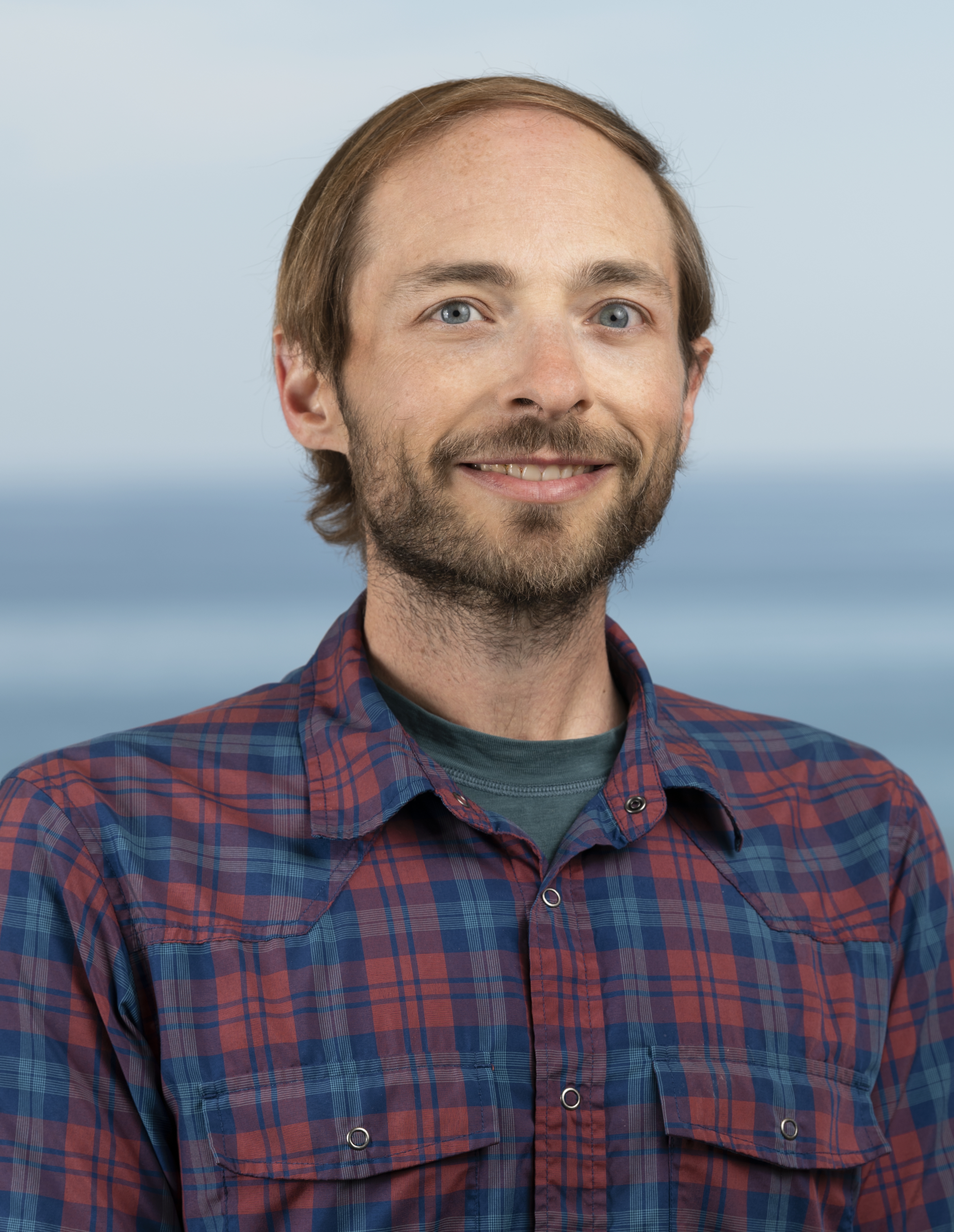Addressing Forced Labor in Fisheries Using Satellite Data and Machine Learning

Gavin has researched on the frontier of fisheries issues for nearly a decade. He combines data science, remote sensing, and causal inference to study the ecological and human impacts of fisheries and marine conservation policy. If you are interested in novel statistical methods, use of satellite data, fisheries, or social sciences in general I would recommend this talk.
—Jacob Gellman, PhD Candidate, Bren School
Abstract
Forced labor in fisheries is an increasingly recognized problem. This type of modern slavery encompasses abuses ranging from debt bondage to physical violence. It is particularly difficult to monitor and control in fisheries where vessels sometimes operate in the high seas and may not return to land for months or even years at a time. However, no methods previously existed for remotely identifying individual fishing vessels potentially engaged in these abuses on a global scale. By combining expertise from human rights practitioners and satellite vessel monitoring data, we show that vessels reported to use forced labor behave in systematically different ways from other vessels. We leverage this insight by using machine learning to identify fishing vessels with suspected forced labor. We can now monitor which ports these vessels use, where they fish, and which fisheries they are targeting. This information provides unprecedented opportunities for enforcement agencies, eco-certification bodies, seafood suppliers, and fisheries management organizations to combat this humanitarian tragedy and improve working conditions for fishers.
Bio
Gavin began his career as a mechanical engineer and holds both a Bachelor's and Master's degree in Mechanical Engineering from Georgia Tech. After three years working as a satellite research engineer, he decided to go back to school to follow his lifelong passion for the environment. Gavin received a Master of Environmental Science and Management from the Bren School in 2013. Since graduating from Bren, he has worked at UCSB’s Environmental Market Solutions Lab. He is passionate about using data and technology to better understand and address global environmental and social challenges.